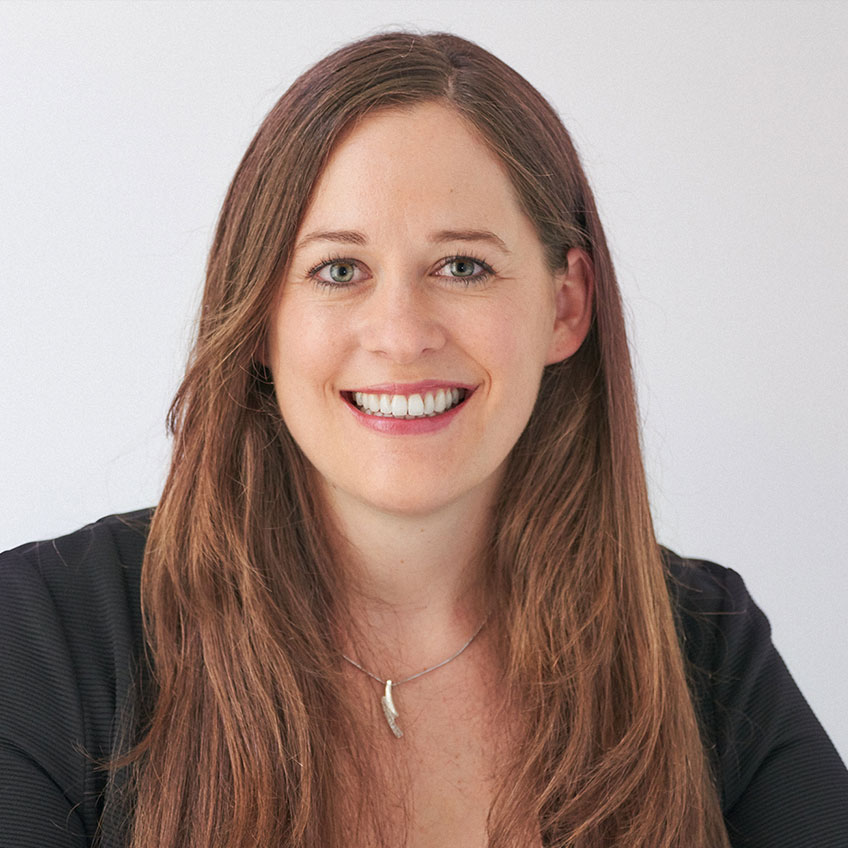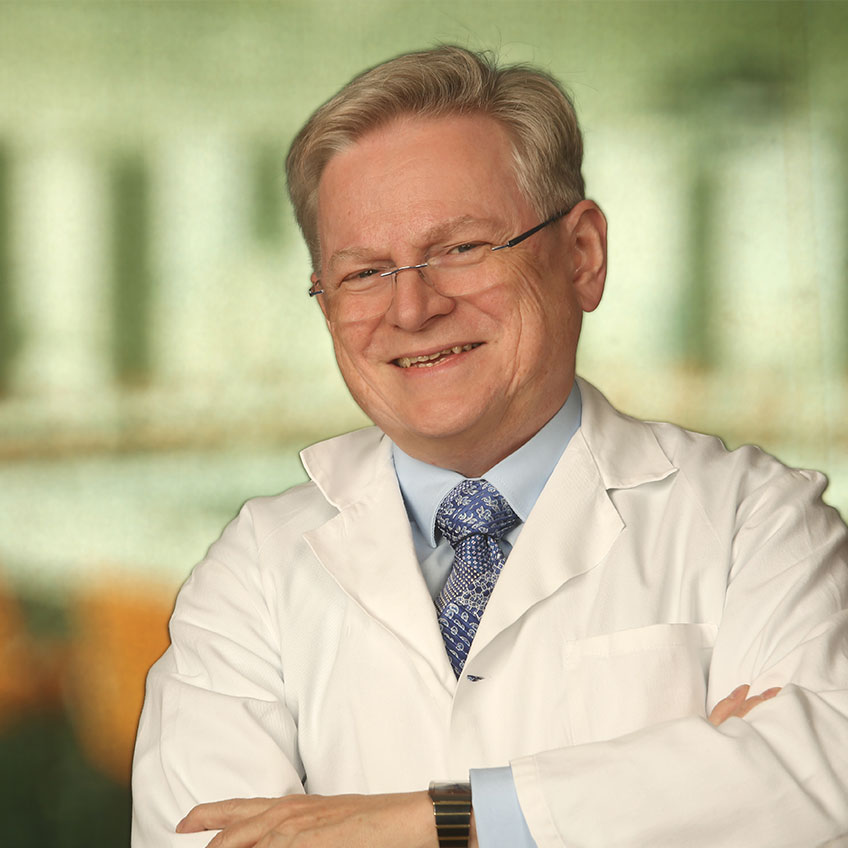Data, the fuel of new
healthcare systems
Data is the blood that powers the engine of the healthcare ecosystem. Appropriate use of data can lead to more effective treatment assessments, provide real-world evidence to determine drug efficacy, support individualization of patient journeys, and help identify personal disease risks. To achieve this, stakeholders in the ecosystem need to work together to protect patient interests, guarantee privacy and security as design principles, and enable integration and data flow among stakeholders. Nevertheless, the standardization and harmonization of processes and data collection across care facilities – not to mention- countries, poses a titanic challenge.
EXAMPLE:
Sophia Genetics was co-founded by Dr. Jurgi Camblong, Dr. Pierre Hutter, and Prof. Lars Steinmetz in 2011 as a start-up at École Polytechnique Fédérale de Lausanne (EPFL). It began as a research tool for hospitals and federally regulated health care labs, and then expanded to biopharma institutions.
In 2014, the company introduced an analytical software platform, the SOPHiA DDM Platform (Data-Driven Medicine), which helps to interpret circulating tumor DNA and circulating tumor cells in the blood, urine, cerebral spinal fluid, and other liquid samples. The SOPHiA DDM Platform is a Cloud-based, Software-as-a-Service that uses machine learning and AI algorithms to provide genomic insights to doctors and researchers from complex multimodal datasets. Insights are shared across the platform with all participating institutions. This means that as the user-base scales, the AI becomes smarter and more accurate as it’s fed more data. The platform is used for oncology, hereditary cancers, metabolic disorders, pediatrics, cardiology, and for rare disease research.

Expert Statement Elisabeth Klager:
I think data science will be one part of diagnostics in the future. In the medical university, we already have a data science team, that analyzes tons of data from the last decades and looks for algorithms, looks for prediction models.

Expert Statement Alexander Haushofer:
The sad thing is, during the last years there were so many announcements, starting with Google. There’s hardly anything clever left of it. A lot of the projects there such as Watson and all sorts of things for oncology have been withdrawn. I think the technical approaches were wrong there. And what works in one hospital, unfortunately, you can’t transfer to every hospital in the world because of the technologies and the diagnostics, etc., because they work with different systems, with different algorithms, but they also have different patients.

